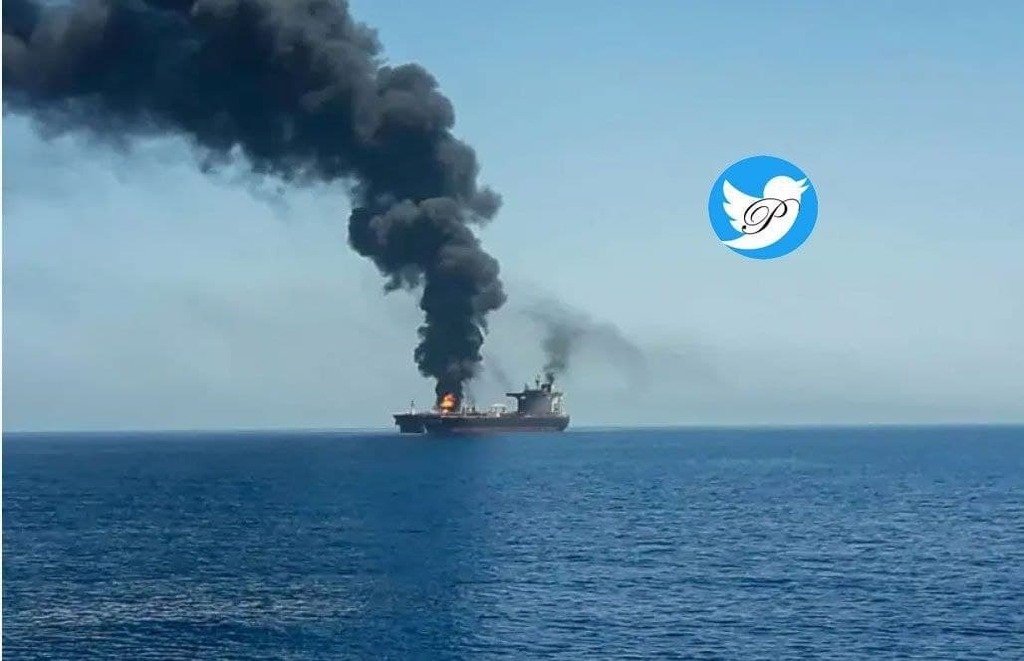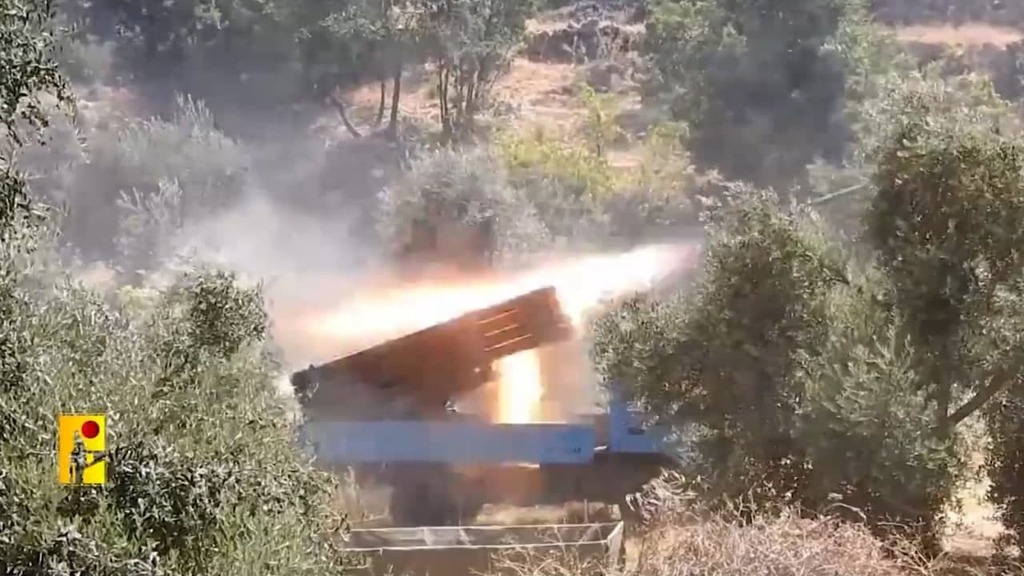In recent months, Israel has faced three central security issues: the Gaza Strip, Lebanon and Iran, the latter mainly in the context of the Gulf.
Tensions in these three arenas developed against separate backdrops but do have a common denominator: the brazenness of Israel's enemies as they try – albeit carefully - to redefine the rules of the game.
3 View gallery


Palestinian terrorists in Gaza preparing incendiary balloons to send into Israel
(Photo: Getty Images)
The first manifestation of this came during the May conflict, when Hamas for the first time triggered a broad military campaign without prior tensions in the Gaza Strip, and in response to what was happening in Jerusalem.
In the Iranian context, there are the recent attacks on vessels in the Gulf region, some of which have an Israeli dimension - most notably the attack on the merchant ship in which British and Romanian crew members were killed.
The latest display was just last week, when for the first time since 2006 Hezbollah fired a barrage of rockets into northern Israel in the wake of an IDF airstrike that was itself a response to prior rocket launches from southern Lebanon.
These accumulated events may indicate a shift in the logic of Israel's enemies, who in recent years have acted with great restraint for fear of tumbling into a broad escalation.
This shift is due to changes on the regional and international levels, chief among them the arrival of new U.S. administration perceived by many in the Middle East as less passionate than its predecessor about operating forcefully in the region; Israel's focus on the coronavirus crisis and the ongoing internal political saga; and the weakness and anxieties exhibited by the Sunni Arab world, in part following its assessment that Washington is not providing it the same stable support as in the past.
The boldness displayed by Hamas, Hezbollah and Iran does not mean a total disintegration of Israel's deterrence or a willingness to enter into a major confrontation. This is an experiment, a deviation that explores the extent it can cause friction with Israel without leading to a major confrontation.
It is a form of "war between wars" that is expressed differently in each arena: In the Gaza Strip it is balloon terrorism; in the Gulf it is the ongoing attacks on vessels; and in Lebanon it is sporadic rocket fire.
All three parties are closely monitoring the reactions of Israel and the regional and international powers to the various points of friction and are apparently under the impression that these responses are not as intense as they have been in the past.
In the May conflict, Hamas did suffer significant military damage, but it also saw strategic achievements in the form of a stronger domestic image and triggering Arab unrest within Israel.
Iran has not suffered significant harm as a result of its aggressive moves in the Gulf - the dialogue with the international community on the nuclear issue continues and EU representatives even attended the inauguration of its new president.
Similarly, the rocket fire from Lebanon did not lead to a damaging Israeli response or sharp international censure, although it did lead to harsh criticism against Hezbollah within Lebanon itself.
These events demand Israel to reevaluate how it perceives the mindset of its enemies and how it measures their activities.
Israel has for months assessed that its enemies are sufficiently deterred and trying as hard as they can to maintain calm with Israel, due among other things to internal problems.
3 View gallery


Smoke and flames are visible on MV Mercer Street after a deadly drone strike attributed to Iran last month
The premise regarding the reluctance of its enemies to engage in a broad campaign is indeed correct, but it misses their willingness to undertake military moves that they view as falling under the threshold of escalation.
Israel needs to understand and internalize this instead of relying on easy answers, such as claims that the enemy has lost its judgment or become unpredictable, as was recently claimed about Hamas' Gaza leader Yahya Sinwar.
Israel must identify the axis that connects all three arenas, whose leaders follow similar logic and even maintain a level of dialogue and shared learning processes.
It has to understand that while its enemies are still deterred from launching a broad campaign against it, they are trying to determine whether its red lines can be redrawn.
This dynamic may lead Israel – and its enemies - into a wider escalation, even one that is unplanned and runs contrary to the basic interests of all the players.


